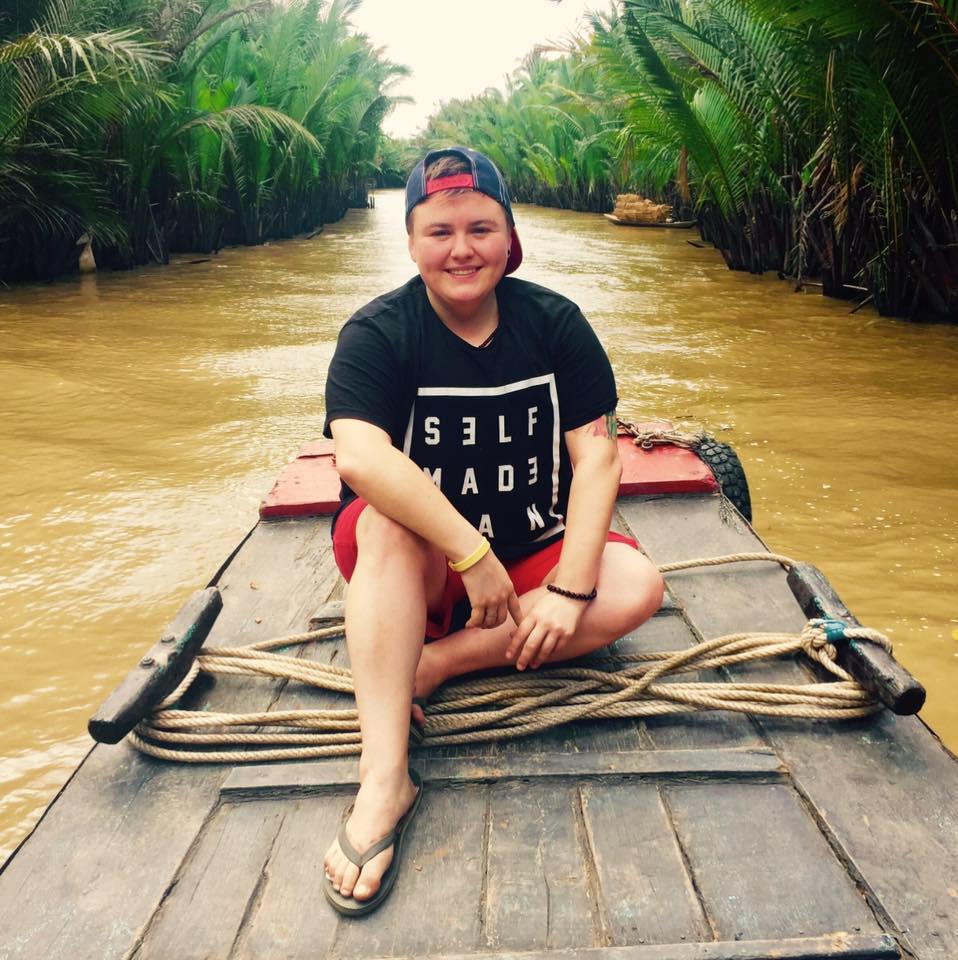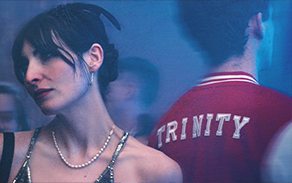
[dropcap]I[/dropcap]reland has blazed a trail when it comes to the advancement of LGBT+ rights. The referendum passed in 2015 marked Ireland as the first country to legalise same-sex marriage by popular vote.
Ireland is one of only five countries to allow a person to legally change their gender by self determination and is debating widening the legislation to include non-binary people.
Despite this, when it comes to the medical treatment of trans people, the state remains wedded to a medical diagnostic model which requires obtaining a psychiatric diagnosis before they can access hormone or surgical treatment. Hormones are only prescribed by two doctors in the entire state despite GP’s being able to prescribe them to cisgender people, as a diagnosis of gender dysphoria is required for transgender people.
In essence, the diagnostic model requires asking for the permission of the state. Before permission can be granted, trans people must navigate an incredibly time consuming and expensive terrain, which in some cases can last years, before beginning the process of actualising their inner selves.
Hoping to change this is Noah Halpin, a 26 year old student and trans man who earlier this month spearheaded a protest outside Leinster House to demand adequate healthcare for trans people, and to advocate for the rejection of the diagnostic model in favour of an informed consent model. This would enable trans people to access healthcare without jumping through hoops proving that they are deserving.
Halpin says their demands are simple. They’re not asking for anything new, just an improvement of existing services and a widening of those who can prescribe hormones which would naturally reduce waiting lists.
Halpin is part of a young new breed of trans activists frustrated at the slow pace of change and the lack of responsiveness from the HSE to the demands of more established advocacy groups.
He’s at the forefront of an emerging more radical trans movement which is sure to make waves in 2018.
Halpin says, “TENI [Trans Equality Network Ireland] do great work, fighting from board level.”
“I guess our type of activism is different as we are asking the community to come together, be visible and push from citizens point of view.”
He does not subscribe to the notion that having a gay Taoiseach is prima facie a positive thing for gay people.
“I don’t think we should give him a free pass because he’s queer. You’re good or you’re not. He has the audacity to march with us at pride, stand up on that stage and say he’s going to make life so much better for LGBT people but have we seen anything?”
The journey for the young activist has not been an easy one. For many years he had a sense of himself as being different and it was not until he saw a documentary about a trans person in his early teens that a light bulb went off and he finally had a definition for what he was feeling internally.
“When I did realise what I was it took me ten years to come out. I was terrified. I finally came out to a few queer friends and they were like ‘this makes a lot of sense’ and the more people I told the more sense it made to them.”
Coming out was the easy bit for Halpin. “Once I came out, I had to figure out where to start. So I cut my hair. I remember coming out of the hairdressers at the time, as I was too afraid to go to a barbers, and looking in the mirror and loving it. I thought this is it.”
“Then you have to change your wardrobe which is really exciting but then it gets to the point where you have done all you can for yourself. You need medical intervention.”
This step in the process angers him as he feels that the state is failing in this regard. In regards to his journey, he says he is most proud of his friends and how they have adapted to his changes but he is equally proud of himself for not succumbing to the stress which is inherent to the diagnostic model.
“I’m proud of the fact that I am still here. There was a time when I thought I wouldn’t be… I went through a really bad period two years ago but then I realised that instead of sitting back and waiting and letting everybody else decide my fate let’s get up and do something.”
And from this pain the activist was born.
2018 will see him and his fellow activists directly engage with politicians to raise trans issues within the Dáil, which they hope will pressure the government to implement change. Depending on the pace of that change he says he won’t hesitate to take to the streets again.



